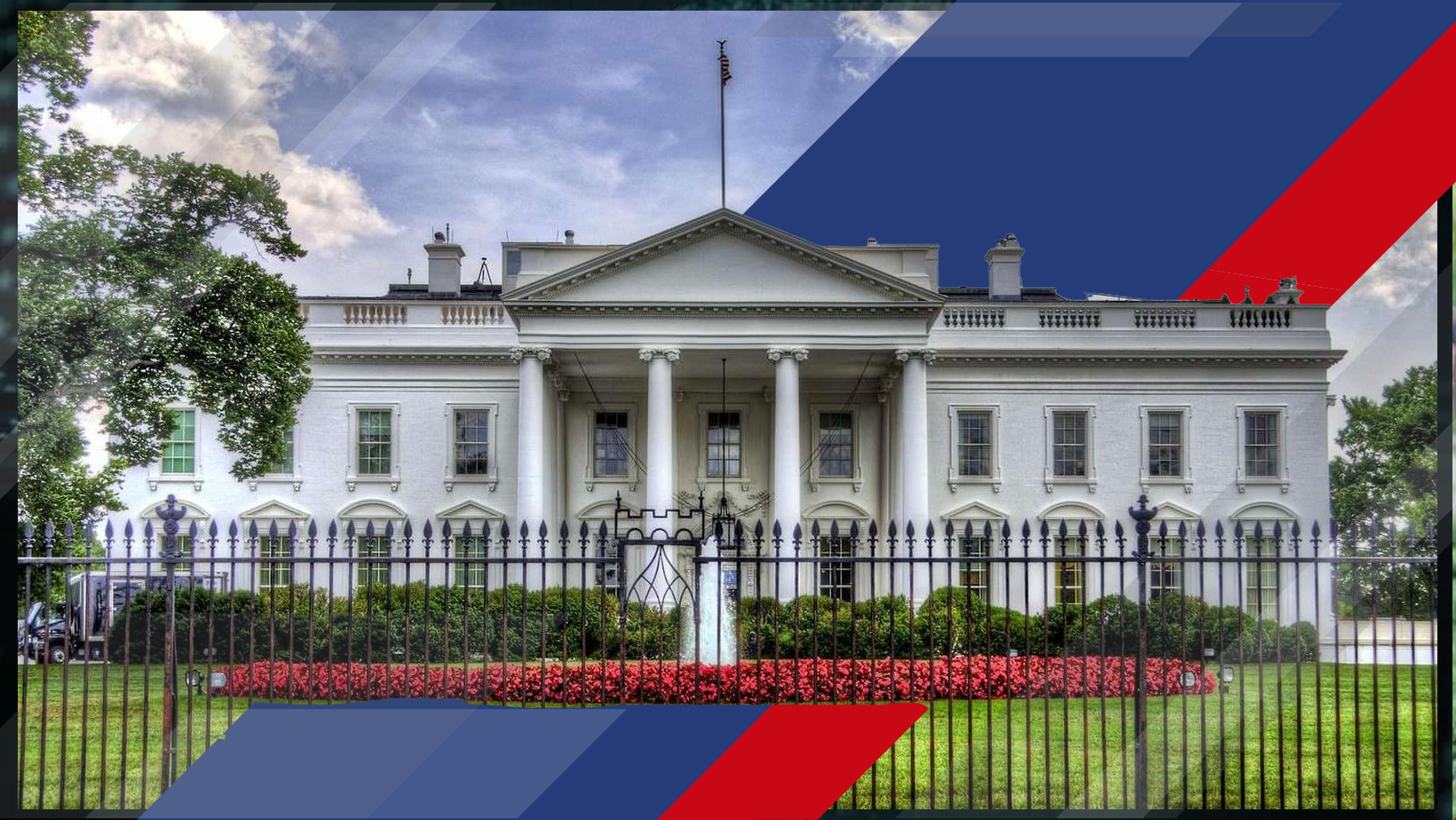White House Delays ACA Subsidy Extension Amid GOP Opposition
A Pause That Could Shape the Market
The White House decision to postpone an announcement about extending Affordable Care Act premium subsidies has created a noticeable ripple across the insurance industry. These subsidies, expanded under the Biden administration, are scheduled to expire at the end of 2025. Their potential lapse raises questions about affordability, enrollment, and the broader stability of the individual market.
What makes this moment particularly striking is the political backdrop. Although the Affordable Care Act has long been a point of contention for congressional Republicans, the subsidies themselves have gained quiet traction among many everyday Republican voters. That tension between political posture and public preference is now influencing market expectations.
“Letting these subsidies expire could push premiums beyond what many families can reasonably absorb.”
Health policy analyst
Enrollment Growth Raises the Stakes
The enhanced subsidies have played a substantial role in expanding marketplace enrollment. Nearly 25 million Americans are covered through ACA plans in 2025. That is more than double the roughly 11 million enrolled in 2020. For insurers, that surge has translated into broader pools, more predictable risk distribution, and clearer opportunities for product differentiation.
With the expiration date approaching, carriers and brokers are now modeling multiple scenarios. The range of outcomes spans from modest repricing to significant market disruption if consumers face sharply higher premiums.
What Happens if Subsidies Expire?
Only one section in bullet points was requested, so here is a focused summary of the potential impacts:
-
Higher premiums for millions of consumers who currently rely on the expanded tax credits
-
Reduced enrollment as price-sensitive participants exit the marketplace
-
Increased uncompensated care pressure if more people become uninsured
-
Greater volatility in actuarial projections for 2026 plan year filings
-
Possible shifts in provider negotiations as carriers reassess utilization patterns
A Political Crosscurrent with Market Implications
Republican lawmakers continue to maintain broad opposition to the ACA as a whole, even as polls show notable support among their own base for continuing the subsidies. That disconnect creates uncertainty for insurers planning well ahead of the December 15 legislative deadline.
“Market stability depends on policymakers recognizing how essential these credits have become for working households.”
Senior executive at a national insurer
If lawmakers allow the subsidies to lapse, the financial strain on consumers could reshape everything from risk pools to product design. If they extend them, insurers can expect steadier enrollment and clearer forecasting conditions. Either way, the next year will require close coordination among carriers, regulators, and brokers who help guide consumers through an increasingly complex coverage landscape.
Looking Ahead
This pause by the White House is more than a political maneuver. For the insurance industry, it is a signal to prepare for significant policy-driven shifts in affordability and access. Whether the ACA subsidy extensions survive the political tug-of-war will determine much of the marketplace environment heading into 2026. The industry now waits for clarity that will shape product strategy, pricing decisions, and consumer outreach in the months ahead.


